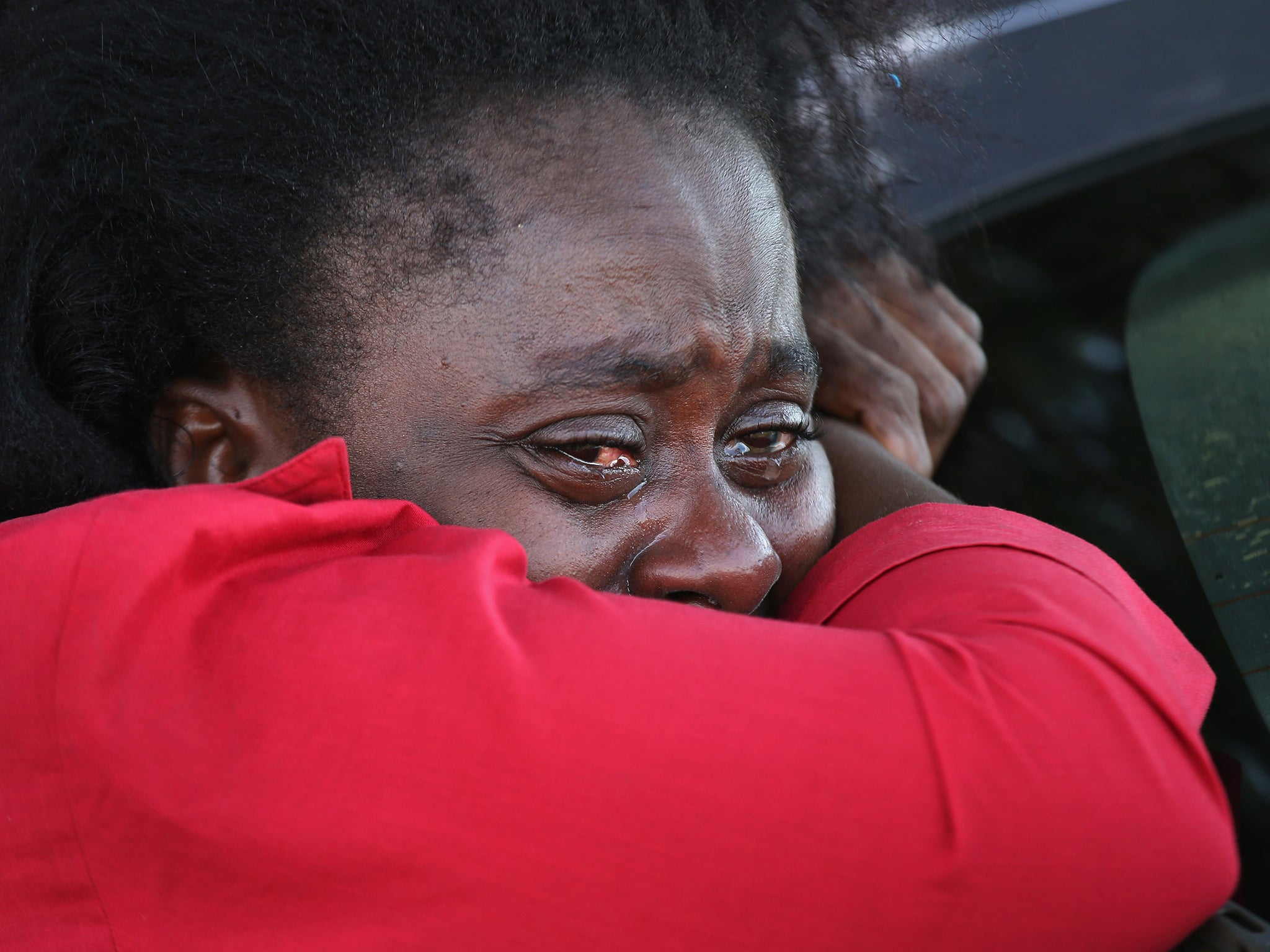Ebola virus: The transcript of Barack Obama's speech to the UN
President Obama addresses the UN on Africa's crisis

Mr. Secretary General, thank you for bringing us together today to address an urgent threat to the people of West Africa, and a potential threat to the world. Dr. Chan; heads of state and government, especially our partners from Africa; ladies and gentlemen: as we gather here today, the people of Liberia, Guinea and Sierra Leone are in crisis. As Secretary-General Ban and Dr. Chan indicated, the Ebola virus is spreading at an alarming speed. Thousands of men, women and children have died. Thousands more are infected. If unchecked, this epidemic could kill hundreds of thousands of people in the coming months.
Ebola is a horrific disease. It’s wiping out whole families. And it has turned simple acts of love and comfort – like holding a sick friend’s hand, or embracing a dying child – into potentially fatal acts. If ever there were a public health emergency deserving of an urgent, strong and coordinated international response, this is it.
But this is more than a health crisis. This is a growing threat to regional and global security. In Liberia, Guinea and Sierra Leone, public health systems are near collapse. Economic growth is slowing dramatically. If this epidemic is not stopped, this disease could cause a humanitarian catastrophe across the region. In an era when regional crises can quickly become global threats, stopping Ebola is in the interests of the entire world.
The courageous men and women fighting on the front lines of this disease have told us what they need: more beds, more supplies, and more health workers, as fast as possible. Right now, patients are being left to die in the streets because there’s nowhere to put them and no one to help them. One health worker in Sierra Leone compared fighting this outbreak to “fighting a forest fire with spray bottles.” With our help, they can put out the blaze.
Last week, I visited the Centers for Disease Control and Prevention, which is mounting the largest international response in its history. I said that the world could count on America to lead – that we will provide the capabilities that only America has, and mobilize the world the way only America can. And I announced that, in addition to our civilian response, the United States would establish a military command in Liberia to support civilian efforts across the region.
Today, that command is up and running. Our Commander is on the ground in Monrovia, and our teams are working as fast as they can to move in personnel, equipment and supplies. We’re working with Senegal to stand up an air bridge to get health workers and medical supplies into West Africa faster. We’re setting up a field hospital, which will be staffed by personnel from the U.S. Public Health Service, and a training facility, where we’re getting ready to train thousands of health workers from around the world. We’re distributing supplies and information kits to hundreds of thousands of families, so they can better protect themselves. And together with our partners, we’ll quickly build new treatment units across Liberia, Guinea and Sierra Leone, where thousands will be able to receive care.
Meanwhile, in just the past week, more countries and organizations have stepped up their efforts. So has the United Nations. Mr. Secretary General, the new U.N. Mission for Ebola Emergency Response that you announced last week will bring all the U.N.’s resources to bear in fighting the epidemic, and we thank you for your leadership.
This is progress, and it is encouraging. But we need to be honest with ourselves. It’s not enough. There’s still a significant gap between where we are and where we need to be. We know from experience that the response to an outbreak of this magnitude needs to be both fast and sustained – like a marathon, but run at the pace of a sprint. That’s only possible if every nation and every organization does its part. And everyone has to do more.

International organizations have to move even faster, and mobilize partners on the ground as only they can. More nations need to contribute critical assets and capabilities – whether it’s air transport, medical evacuation, health care workers, equipment, or treatment. More foundations can tap into their networks of support, to raise funding and awareness. More businesses, especially those with a presence in the region, can quickly provide their own expertise and resources, from access to critical supply chains to telecommunications. And more citizens – of all nations – can educate themselves on this crisis, contribute to relief efforts and call on their leaders to act. Everyone can do something. That’s why we’re here today.
And even as we meet the urgent threat of Ebola, it’s clear that our nations must do more to prevent, detect and respond to future biological threats – before they erupt into full-blown crises. Tomorrow in Washington, I will host 44 nations to advance our global health security. And we will work with any country that shares that commitment.
Stopping Ebola is a priority for the United States. We will continue to lead, and do our part. But this must also be a priority for the world. To my fellow leaders from Liberia, Sierra Leone and Guinea, to the people of West Africa, and to the heroic health workers racing to save lives – today, I want you to know that you are not alone. We are working urgently to get you the help you need. And we will not stop, we will not cease, we will not relent until we halt this epidemic, once and for all. Thank you very much.
Join our commenting forum
Join thought-provoking conversations, follow other Independent readers and see their replies
Comments
Bookmark popover
Removed from bookmarks